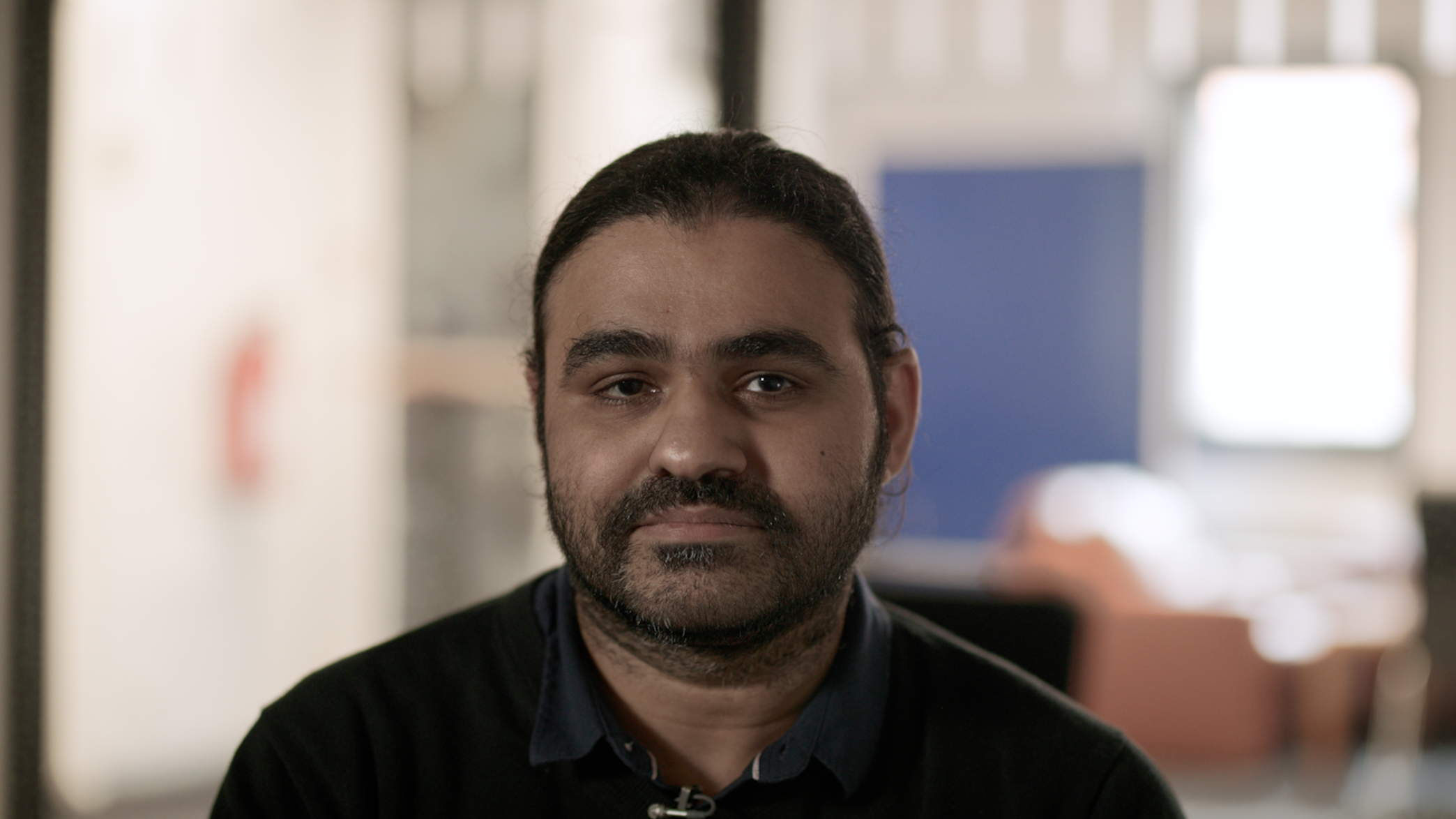
The Metals Company’s latest deep-sea mining gamble signals financial failure: Press release
16:30, 01/04/2025, London, for immediate release
The Environmental Justice Foundation (EJF) warns that The Metals Company’s latest effort to rush to start deep-sea mining, bypassing the International Seabed Authority (ISA) and instead seeking exploitation licenses through the United States, is a desperate move underscoring the industry’s financial instability and lack of commercial viability.
The capital and operational costs of deep-sea mining would be enormous, with no proven path to profitability, says the NGO. The only previous commercial attempt, carried out by Nautilus Minerals in Papua New Guinea, collapsed into bankruptcy, and reporting in the New York Times recently highlighted that The Metals Company is “nearly out of cash and borrowing authority…..”.
Steve Trent, CEO and Founder of the Environmental Justice Foundation, said: “No matter how you look at it, this industry is economically not viable. Investors are walking away, insurers are hesitant, and many companies, from carmakers to technology firms, are clear that they don’t want these minerals. The capital and operational costs are staggering, while the potential returns are uncertain at best and catastrophic at worst.”
“The only time it has been attempted commercially, it failed dramatically and left Papua New Guinea with a bill of over $100m, equivalent to almost a third of its annual health budget. Market demand does not justify the risk, and would-be financiers know this, which is why The Metals Company now feels forced to make one last desperate gamble.”
The ISA’s Secretary-General, Dr Leticia Carvalho, has reiterated the Authority’s mandate to oversee deep-sea mineral extraction and highlighted that “any unilateral action would be a violation of international law”. However the economic reality is just as damning, says EJF.
The OECD recently reported that “the economic case for seabed mining, particularly deep seabed mining, is not evident in view of the strong volatility of prices. Since 2023, lithium prices have dropped by over 80% after surging eightfold in the previous two years, while nickel, cobalt, and graphite have lost half their value over the same period.” The Metals Company is seeking to bypass the established international process because the market is moving beyond this industry, argues EJF.
Steve Trent added: “Deep-sea mining is a high-risk, no-reward industry. Battery technology and mineral needs are changing far faster than prospective deep-sea miners can keep up, and whole markets, such as the EU, have rejected the products of deep-sea mining in advance. Anyone betting on its success is ignoring basic economic reality. The sooner they realise that, the better off they will be.”
32 countries now explicitly support a hold on deep-sea mining, with more being added every year. This global wave of opposition is supported by financial institutions, leading businesses such as Google, SAP, Samsung and Volvo, the fishing industry, the UN High Commissioner for Human Rights and UN Special Rapporteurs, scientists and Indigenous peoples.
Instead of wasting capital on investments set to fail, resources should be directed toward sustainable solutions that support long-term economic and environmental stability, says EJF.
ENDS
Notes to editors
In past interviews with EJF, experts from the finance industry have repeatedly criticised the economic fundamentals of deep-sea mining:
Jan Erik Saugestad, CEO, Storebrand Asset Management, said: "There is increasing recognition that biodiversity loss is a true financial risk and something we have to consider when we make all investments."
Johanna Schmidt, Investment Strategist, Triodos Investment Management, said: “As a prudent and precautionary investor, we just simply do not want to take the risk."
Victor Vescovo, investor and deep-sea explorer, said: “I think it's just simply not a good investment. To invest in a company like The Metals Company or anyone involved in deep-sea mining is believing there will be no major technological change in battery chemistry for the next 25 years, and that's simply not credible, because it's happening already.”
About EJF
Our work to secure environmental justice aims to protect our global climate, ocean, forests, wetlands, wildlife and defend the fundamental human right to a secure natural environment, recognising that all other rights are contingent on this. EJF works internationally to inform policy and drive systemic, durable reforms to protect our environment and defend human rights. We investigate and expose abuses and support environmental defenders, Indigenous peoples, communities, and independent journalists on the frontlines of environmental injustice. Our campaigns aim to secure peaceful, equitable and sustainable futures. Our investigators, researchers, filmmakers, and campaigners work with grassroots partners and environmental defenders across the globe. For more information, please contact media@ejfoundation.org.
SIGN UP FOR OUR EMAILS AND STAY UP TO DATE WITH EJF

